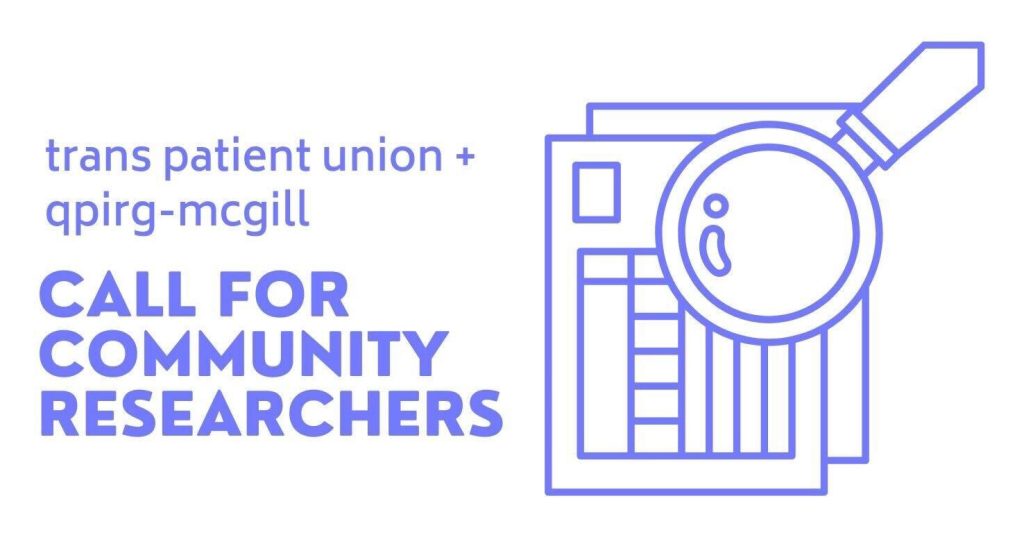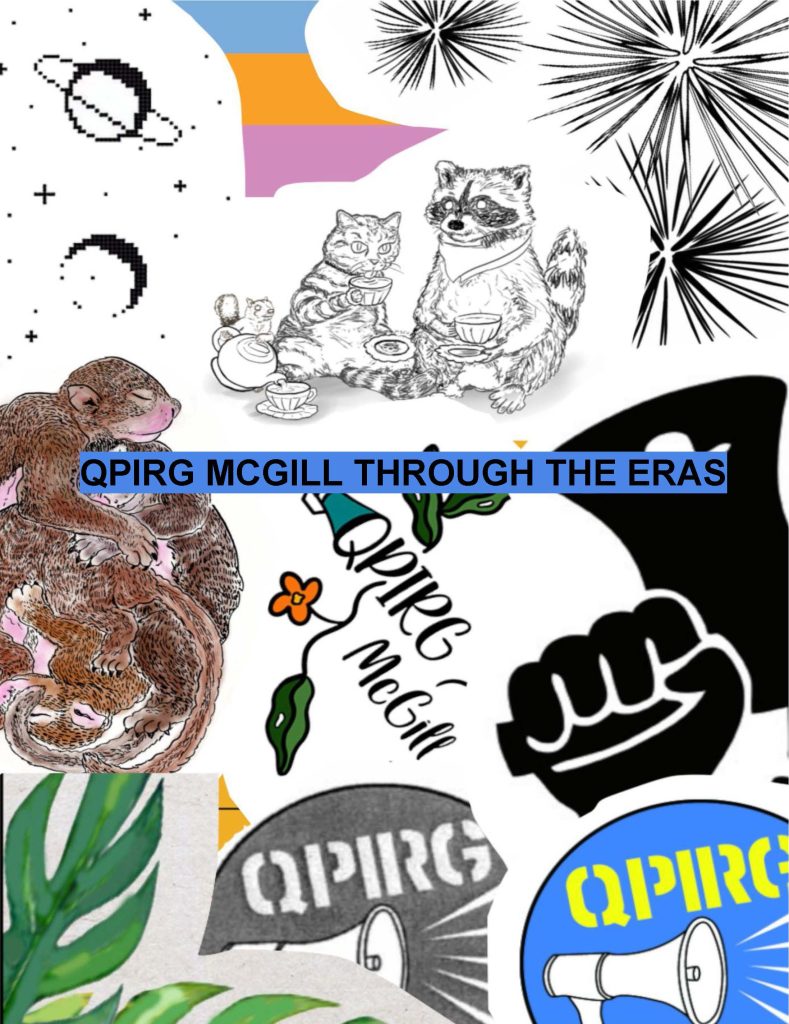Le GRIP-McGill est toujours à la recherche d'étudiants intéressés à faire de la recherche orientée vers l'action et la justice sociale, soit dans le cadre de leurs études, soit de façon indépendante. Nous facilitons cette recherche par le biais de L'échange de recherche universitaire communautaire (ÉRUC).. CURE facilitates research collaborations between university students and grassroots community groups. The program was formed as a response to concrete research needs voiced by community groups lacking resources. Through CURE, we wish to channel the resources and privilege of the University towards groups working for social change, and to provide resources for students to perform relevant, action-oriented academic work.
Grâce aux infrastructures administratives déjà en place à McGill, Concordia et UQAM, les étudiants peuvent réaliser un projet de recherche de l'ÉRUC sous forme de cours d'études indépendantes, de stage ou de thèse conseillés par un professeur du département, ou encore sous forme de projet de semestre pour une classe. En mettant les étudiants en contact avec des groupes communautaires à but non lucratif disposant de ressources limitées, nous espérons encourager et soutenir la recherche universitaire qui est socialement pertinente.
L'ÉRUC fonctionne selon le principe que l'université est une institution qui maintient des systèmes de privilèges et d'oppression autour de la race, de la classe et du néocolonialisme. En réorientant les ressources vers les groupes et les individus qui ont besoin de théorie, d'information et d'énergie pour les fournir, l'ÉRUC encourage les étudiants à reconnaître leur avantage institutionnel et à le convertir en un outil utile pour l'action politique.
Pour en savoir plus ou pour découvrir comment vous pouvez participer au programme, veuillez contacter notre coordinatrice ÉRUC.



